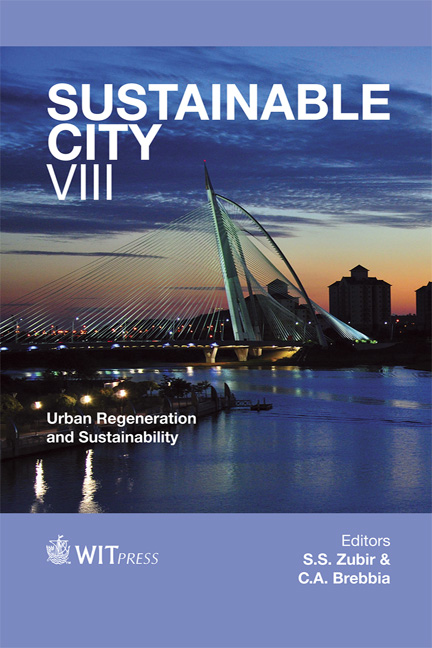Neighbourhood facilities for sustainability

01 January 2013
English
uKESA Librarian, Jeremy Gibberd
Journal article
Council for Scientific and Industrial Research
Africa
It is increasingly acknowledged that current plans to implement sustainability are not achieving the scale and speed of change required. National built environment strategies to address sustainability tend to focus on large-scale programmes in areas such as renewable energy and energy efficiency. Interventions at a neighbourhood level should be developed that enable day-to-day living patterns to become more sustainable over time. A key element of this are built environment characteristics and facilities which support sustainability. In this paper these are referred to as ‘Neighbourhood Facilities for Sustainability’. Neighbourhood Facilities for Sustainability (NFS) are initiatives undertaken by individuals and communities to build local sustainable systems which not only improve their quality of life but also reduce environmental impacts.
The paper argues that this approach is a valuable way of ensuring that sustainability is addressed rapidly and effectively in urban settings. It also argues that the NFS approach may be more efficient and effective than national programmes as it responds to the local context and develops local ownership and capacity to which ensures systems are well managed and maintained. The approach will be illustrated through NFS proposals developed for an informal settlement neighbourhood in South Africa. These proposals will be critically reviewed and recommendations for further study, made.


Comments